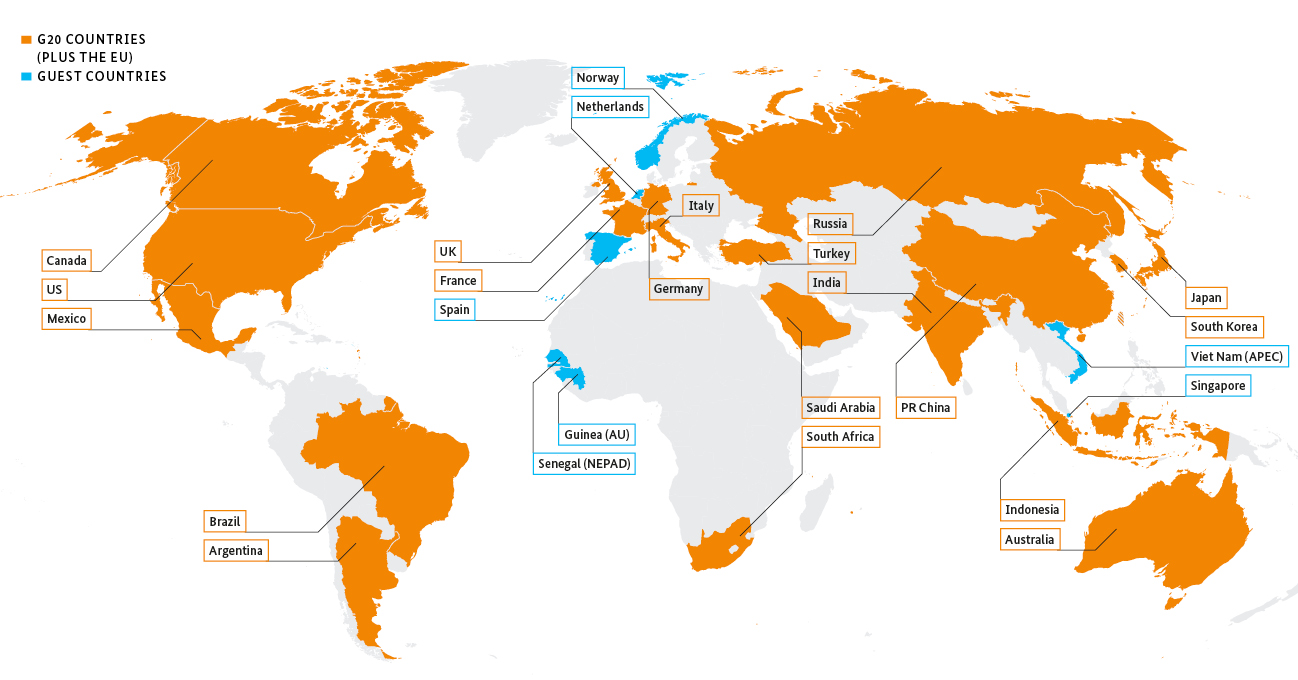Salesforce Marketing Automation: A Comprehensive Guide
Salesforce Marketing Automation stands out as one of the most powerful platforms available, enabling organizations to deliver personalized, data-driven marketing campaigns with ease. This article delves deep into the features, benefits, and practical applications of Salesforce Marketing Automation, providing insights on how it can revolutionize your marketing efforts.

Understanding Salesforce Marketing Automation
Salesforce Marketing Automation refers to the suite of tools and technologies provided by Salesforce to automate and optimize marketing processes. The platform integrates with Salesforce’s broader ecosystem, including Sales Cloud, Service Cloud, and Commerce Cloud, allowing for a seamless flow of data across departments. At its core, it enables businesses to:
-
Automate repetitive marketing tasks: Save time and resources by automating tasks like email campaigns, lead nurturing, and customer segmentation.
-
Personalize customer interactions: Use data to tailor messaging and content to individual preferences and behaviors.
-
Measure campaign performance: Gain actionable insights through advanced analytics and reporting tools.
Key Features of Salesforce Marketing Automation
1. Email Marketing
Salesforce Marketing Cloud, a key component of the platform, offers robust email marketing capabilities. Marketers can design, automate, and optimize email campaigns to reach the right audience at the right time. Features include:
-
Drag-and-drop email builders for creating visually appealing emails.
-
A/B testing to determine the most effective subject lines, content, and layouts.
-
Advanced segmentation to target specific customer groups.
2. Journey Builder
Journey Builder allows marketers to create customer journeys based on individual behaviors and preferences. Whether it’s onboarding a new customer or re-engaging a lapsed one, Journey Builder ensures that every interaction is timely and relevant.
3. Social Media Management
With Social Studio, businesses can manage their social media presence across platforms. It includes features for:
-
Scheduling and publishing posts.
-
Monitoring social media conversations.
-
Analyzing social performance metrics.
4. Lead Management
Salesforce Pardot, a B2B marketing automation tool, excels in lead management. It helps businesses capture, nurture, and qualify leads, ensuring that sales teams focus on high-potential prospects.
-
Lead scoring and grading to prioritize leads.
-
Automated lead nurturing campaigns to keep prospects engaged.
-
Integration with Salesforce CRM for a unified view of customer data.
5. AI-Powered Insights
Einstein AI, Salesforce’s artificial intelligence engine, enhances marketing automation by providing predictive insights and recommendations. Examples include:
-
Predicting customer behaviors and preferences.
-
Recommending optimal send times for campaigns.
-
Automating content personalization at scale.
6. Analytics and Reporting
The platform’s analytics capabilities allow marketers to track campaign performance, measure ROI, and identify areas for improvement. Dashboards and customizable reports provide a clear view of marketing effectiveness.
Benefits of Salesforce Marketing Automation
1. Enhanced Efficiency
By automating repetitive tasks, marketers can focus on strategic activities, such as campaign planning and creative development. This leads to significant time savings and improved productivity.
2. Improved Customer Engagement
Personalization is at the heart of Salesforce Marketing Automation. By delivering relevant content and experiences, businesses can build stronger relationships with their customers.
3. Higher Conversion Rates
With features like lead scoring, automated nurturing, and AI-driven recommendations, businesses can effectively move prospects through the sales funnel, resulting in higher conversion rates.
4. Data-Driven Decision Making
Salesforce provides a wealth of data and insights that empower marketers to make informed decisions. Real-time analytics ensure that campaigns can be adjusted on the fly for optimal results.
5. Seamless Integration
As part of the Salesforce ecosystem, the marketing automation platform integrates seamlessly with other Salesforce products. This ensures a unified view of customer data and facilitates collaboration between marketing, sales, and service teams.
Practical Applications of Salesforce Marketing Automation
1. E-Commerce
E-commerce businesses can use Salesforce Marketing Automation to drive online sales by:
-
Sending personalized product recommendations.
-
Automating abandoned cart emails to recover lost sales.
-
Running targeted promotions based on customer purchase history.
2. B2B Marketing
For B2B companies, Salesforce Pardot streamlines lead generation and nurturing. Use cases include:
-
Hosting webinars and tracking attendee engagement.
-
Scoring leads based on behavior and engagement levels.
-
Aligning marketing and sales teams through shared insights.
3. Customer Retention
Customer retention is critical for long-term success. Salesforce Marketing Automation helps by:
-
Automating loyalty programs and rewards.
-
Sending personalized anniversary or milestone messages.
-
Analyzing churn patterns to proactively address customer concerns.
4. Event Marketing
Event organizers can leverage the platform to:
-
Promote events through multi-channel campaigns.
-
Track registrations and attendee engagement.
-
Follow up with attendees post-event to maintain connections.
Best Practices for Implementing Salesforce Marketing Automation
1. Define Clear Goals
Before implementing the platform, identify your marketing objectives. Whether it’s increasing brand awareness, generating leads, or improving retention, clear goals will guide your strategy.
2. Invest in Training
Salesforce is a powerful tool, but it requires expertise to maximize its potential. Invest in training for your marketing team to ensure they can effectively use the platform.
3. Segment Your Audience
Effective marketing starts with understanding your audience. Use Salesforce’s segmentation capabilities to tailor campaigns to specific customer groups.
4. Leverage AI and Automation
Take full advantage of Einstein AI and automation features to enhance personalization and efficiency.
5. Monitor and Optimize
Continuously track campaign performance using Salesforce’s analytics tools. Use insights to optimize your strategies and achieve better results.
Conclusion
Salesforce Marketing Automation is a game-changer for businesses looking to enhance their marketing efforts. With its comprehensive suite of tools, seamless integration capabilities, and focus on data-driven decision-making, the platform empowers organizations to deliver personalized, impactful campaigns at scale. Whether you’re a small business or a large enterprise, embracing Salesforce Marketing Automation can help you stay ahead in today’s competitive landscape.
By implementing the best practices outlined in this article, you can unlock the full potential of Salesforce Marketing Automation and drive meaningful results for your business.
What's Your Reaction?



















